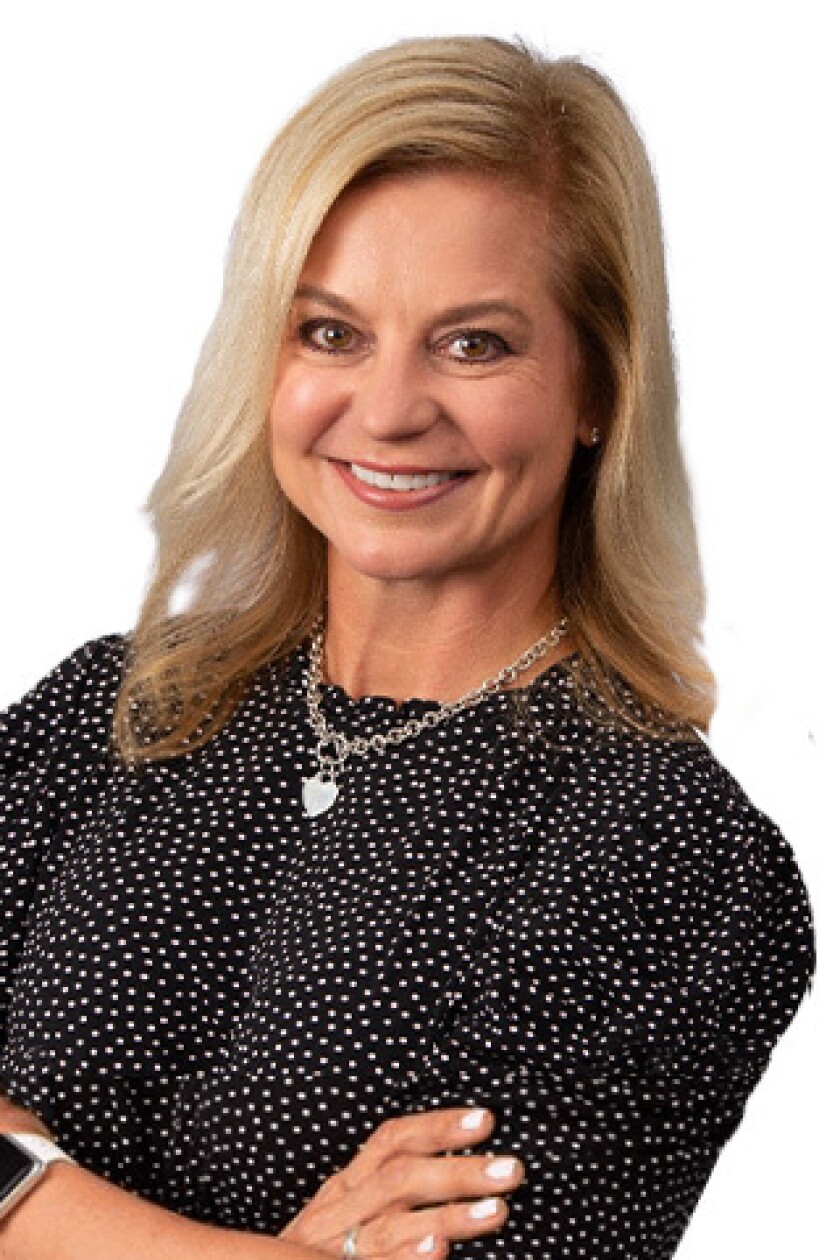The ups and downs in the economy during the novel coronavirus pandemic are causing audit committees at public companies to focus on the disclosures in their financial statements and SEC filings about the current and potential impacts of COVID-19, according to a new report from KPMG.
The report, Challenges Presented by COVID-19, found that companies are reassessing, enhancing or establishing new internal controls due to pandemic-related disruptions to their business operations. Meanwhile internal auditors are adjusting their audit plans and activities.
Emma Bienias is managing director of Stout, a global advisory firm specializing in corporate finance, accounting and transaction advisory, valuation, financial disputes, claims, and investigations. She has a background in performing valuation engagements for various purposes including financial reporting, tax valuations, business reorganizations, pre-acquisition diligence, post-acquisition disputes, fairness and solvency opinions and other management planning and corporate-related matters. Emma has experience providing expert litigation support for analyses of economic damages resulting from the infringement or misappropriation of intellectual property rights. She has performed damage analyses that included consideration of unjust enrichment, loss profits, and reasonable royalty. Emma also combines financial, market and competitive information to value intellectual property for a variety of objectives such as regulatory compliance, licensing and sale transactions, and securing financing for corporate acquisitions and expansion.
Alessio Alionço is the founder and CEO of Pipefy, a leading process management and AI platform. Brazilian-born Alionco is a high-impact global leader and has grown Pipefy from its founding in 2015 to a company with hundreds of customers worldwide. Pipefy delivers a business process automation platform that improves productivity and efficiency, centralizes data, and standardizes processes for teams in insurance.
Amy is the chief people officer for Lucet. She leads a team of HR professionals and provides business partnerships to drive people strategy, talent acquisition and management, learning and engagement, and total rewards. She is also an executive sponsor of the Lucet Impact & Responsibility Council.
Forecasting has become more challenging, including developing assumptions for the recoverability of goodwill and nonfinancial assets, as well as the realizability of deferred tax assets, making going-concern determinations and figuring other asset impairments more difficult, according to the report.
Nevertheless, audit committees are adapting to the new environment, as their companies allow more flexibility for remote work. Among the biggest areas of concern cited by the 114 U.S. audit committee members polled by the KPMG Audit Committee Institute are disclosures about the current and potential effects of COVID-19 (79 percent), preparation of forward-looking cash flow estimates (48 percent), and impairment of nonfinancial assets such as goodwill and other intangible assets (43 percent).

Audit committee members indicated that the remote work environment accelerated by COVID-19 has so far had little impact on the efficiency and effectiveness of their interactions with the management team and auditors.
Companies are reassessing their internal controls in response to COVID-19-related disruptions to their business operations. The most commonly cited disruptions included return-to-work plans (73 percent), IT system access and authentication for remote workers (69 percent) and cybersecurity (66 percent).
Audit committee members expect some environmental, social and governance issues to get much more attention from boards as a result of COVID-19 and recent protests against systemic racism. Survey respondents cited employee health, safety and well-being (85 percent), diversity within the company including the boardroom (53 percent) and corporate reputation (39 percent) as areas of greater focus for boards.
The pandemic has also caused many audit committees to reassess the scope of their workload agendas in addition to their risk oversight responsibilities. Most audit committee members who responded to the survey cited oversight responsibilities for a variety of COVID-related risks, including financial risks (83 percent), legal and regulatory compliance (70 percent), cybersecurity (62 percent) and data privacy (42 percent).



